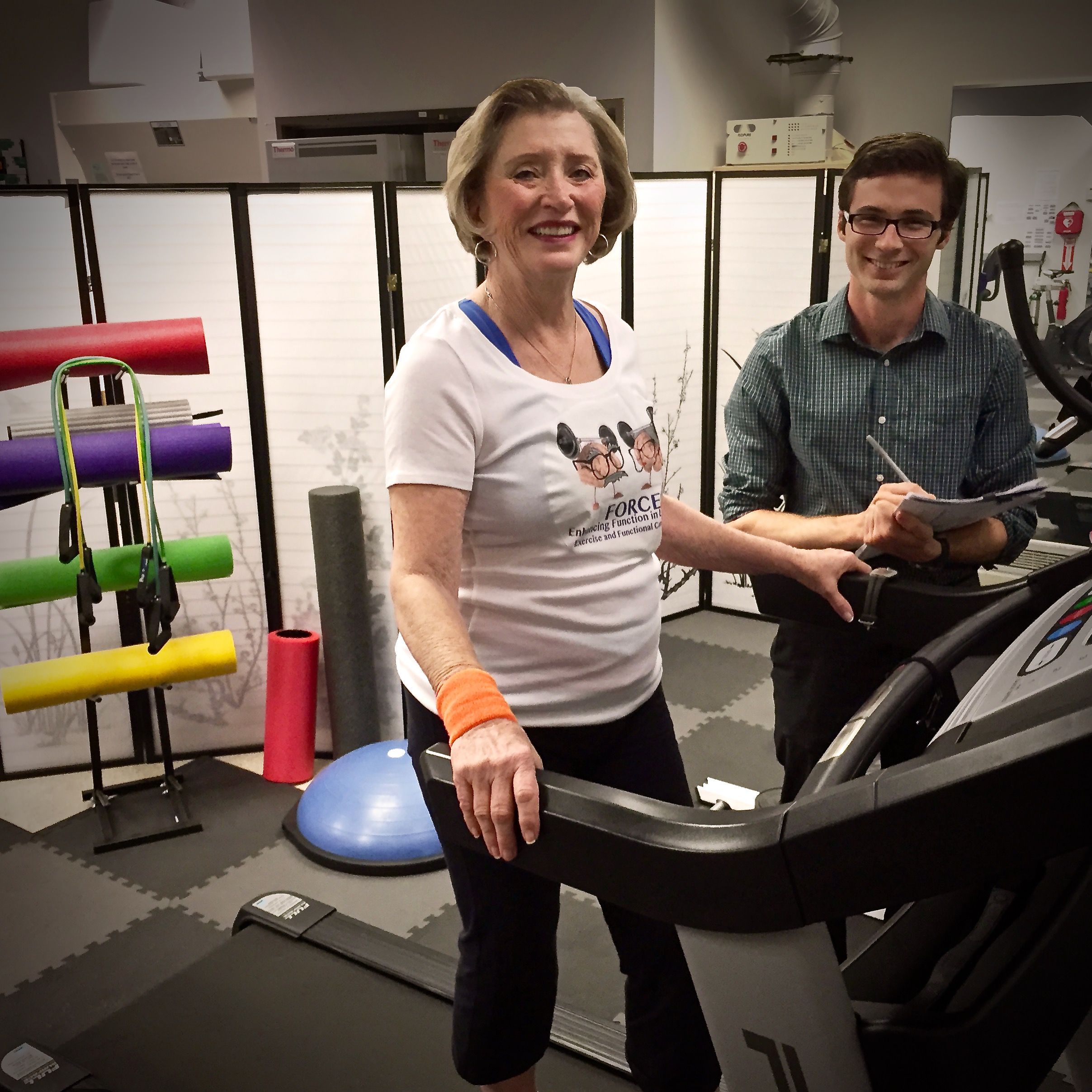AARP Hearing Center
A blog by Casey Gardiner:

Exercise offers many health benefits. It helps individuals control their weight, improves mental health, strengthens bones and muscles, and can help increase life span.
Exercise also reduces risk of cardiovascular disease, some cancers, and type 2 diabetes. Additionally, evidence suggests that physical activity may be an effective way to enhance cognitive function, which may be very important for maintaining quality of life for older adults. The American College of Sports Medicine recommends that all adults complete at least 150 minutes of moderate to vigorous physical activity (that is, activity that increases your heart rate and causes you to break a sweat) each week. There are many ways to achieve this level of activity, including brisk walking, jogging, bicycling, and dancing. Currently, most older adults are not meeting this recommendation, in spite of the numerous and significant health benefits that exercise can offer.
Researchers in Colorado are trying to learn more about the effects of exercise on many aspects of quality of life in older adults. With funding from the National Institute on Aging, a division of the National Institutes of Health, a team led by Dr. Angela Bryan at the University of Colorado Boulder is conducting Project FORCE: Enhancing Function in Later Life.
This research examines how exercise affects brain function as well as performance in cognitive, emotional, social, and economic domains. Study participants complete research assessments before and after a 16-week supervised exercise program. This allows the researchers to determine how exercise can change the brain, whether different exercise regimens affect the brain differently, and whether brain function may explain the positive effects of exercise in numerous aspects of function in older adults.
Project FORCE is currently recruiting individuals in the Boulder-Denver area to participate in this research. Participants are paid for their time and have the opportunity to complete 16 weeks of supervised exercise at the research team’s exercise facility. If you are interested in learning more about the research, you can contact the study team at (303) 492-9549 or force.researchstudy@gmail.com.
Casey K. Gardiner is a member of the University of Colorado Boulder Change Lab, under the direction of Dr. Angela Bryan.
This is not an AARP study. Any information you provide to the host organization will be governed by its privacy policy.
[Photo courtesy of Casey Gardiner]































































